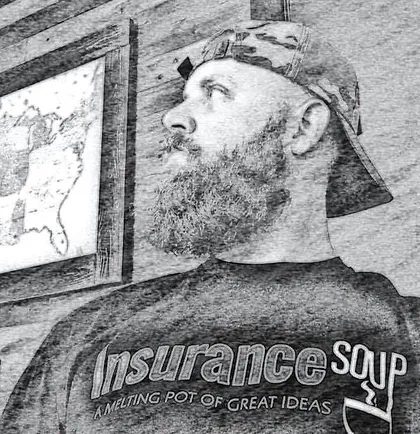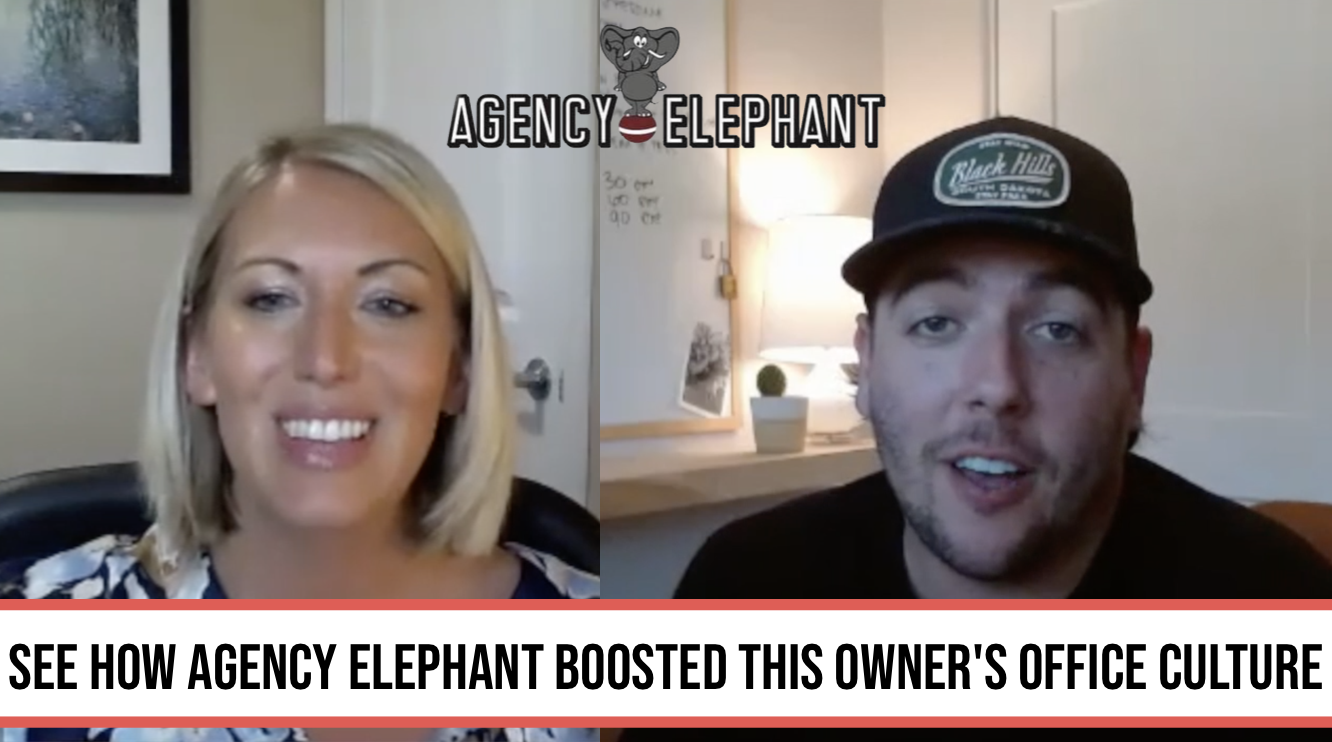Disclaimer : This is not something that will happen for you overnight and the process itself is significantly more nuanced than described in this content....
The insurance industry has a burnout problem.
And a control problem.
And a trust problem.
And a “nobody can do it like I do it” problem.
You know it. I know it.
So when I say: “You can run your agency while taking off seven days a week”, you probably snort-laughed, rolled your eyes, and muttered, “Must be nice.”
But I’m not joking.
This isn’t a trick headline.
I’m not talking about retiring.
I’m not talking about automating your way out of your agency and leaving your people to drown.
I’m talking about building an agency that runs like a machine—with or without you.
Because the goal was never to trade a job for a prison with your name on the window.
The goal was freedom. So let’s talk about what it actually takes to get it.
Step 1: Build a Business, Not a Job
Here’s the harsh truth:
Most insurance “agencies” are just high-stress, self-imposed jobs with a logo.
You’re doing quotes. You’re chasing signatures. You’re calling for payments. You’re onboarding. You’re putting out fires. You’re checking in on your team like a helicopter parent in khakis.
That’s not a business.
That’s a hustle with a payroll problem.
To run an agency while taking every day off—and I mean every single one—you need to get out of the way and build an agency that operates on systems, not your sanity.
Step 2: Systematize the Ever-Loving Hell Out of Everything
Your quote process? Document it.
Your renewal process? Automate it.
Your onboarding, your cross-selling, your marketing, your client check-ins?
All of it needs to be reduced to predictable, repeatable steps.
This is the part where most agents say, “Yeah, I’ll get to that once things slow down.”
Spoiler alert:
They won’t slow down until you fix this.
The more your agency relies on you to remember things, chase things, and handhold the basics, the farther you are from freedom.
If you want to stop working every day, then your business needs to stop depending on your memory, your inbox, and your anxiety to function.
Step 3: Stop Hiring Based on Warm Bodies and Start Hiring Based on Roles
You don’t need another generalist. You need specific people with specific jobs.
A closer. A follow-upper. A client cuddler. A paper chaser. A tech whisperer.
Break your agency into roles, not tasks. Then assign ownership.
When people own a process, they improve it. They refine it. They protect it.
When everyone’s “kind of doing everything,” guess who ends up doing everything everything?
You.
Step 4: Use Tech Like You Actually Want It to Help
Your tech stack shouldn’t be a collection of shiny objects—it should be the invisible army behind your team.
CRM, AMS, automation, texting platforms, AI tools, quoting tools, e-signature systems—these things aren’t luxuries anymore.
They’re required if you’re going to step out of the day-to-day.
Here’s the thing: Every single task you touch is a red flag.
If something hits your hands and someone else or some thing could be doing it...
You’re the bottleneck.
That’s not noble. That’s just inefficient.
Step 5: Train Like You’re Trying to Fire Yourself
Your team needs to know exactly how to operate without you. Not “kinda sorta.” Not “text me if it gets weird.”
Without. You.
That means training docs. Video walk-throughs. Checklists. SOPs.
Not sexy—but critical.
Because when you take 7 days off a week, you’re not disappearing…
You’re trusting the systems and people you built to carry the mission forward without needing a babysitter.
Step 6: Set the Standard. Then Get Out of the Way.
Your job becomes setting vision, culture, and accountability. That’s it.
Not managing every quote.
Not monitoring every interaction.
Not jumping in to save the day when someone else drops a ball.
Let them drop it. Let them learn. Coach, correct, course-adjust—but don’t rob them of the experience of learning how to succeed without your cape flapping in the wind.
Because real leadership isn’t about being the hero—it’s about creating heroes who don’t need saving.
Step 7: Redefine What “Time Off” Actually Means
Let’s be honest: You’re probably addicted to being busy.
You say you want time off, but when you get it, you’re checking email “just real quick,” or texting your team from a lounge chair like a lunatic.
Here’s the fix:
Set up boundaries and dashboards.
Have reporting systems in place to tell you what’s happening without you being there. Daily pulse checks. Weekly scorecards. Simple metrics.
If something dips below threshold, you step in.
Otherwise? You chill. You parent. You live. You fish. You sleep in. You rediscover what it feels like to breathe without checking your phone every 6 minutes.
Step 8: Accountability. Accountability. Accountability.
I don’t care how talented your team is, how tight your systems are, or how slick your automations run—without accountability, the whole thing collapses.
Accountability is the glue that holds your freedom together.
It’s not micromanagement. It’s not hovering. It’s not “checking in” 87 times a day to make sure someone replied to an email.
It’s about clarity of expectations, visibility of results, and consequences that mean something.
Everyone on your team should know:
What they’re responsible for
How success is measured
When they’re being reviewed
What happens if they crush it
And what happens if they don’t
You want to take off 7 days a week? Great. Then your agency better run like a pro sports team—not a summer camp where nobody knows who’s supposed to bring the snacks.
Weekly scorecards. Clear KPIs. Performance reviews that don’t get pushed three quarters because “things got busy.” Public praise for the wins. Private correction for the misses.
Nobody grows without accountability.
Nobody owns their role without structure.
And nobody respects a leader who doesn’t enforce the standard.
Want your agency to run without you? Then everyone inside it needs to be held to a standard that demands they show up like owners, not just employees punching a clock.
Because freedom without accountability isn’t freedom—it’s a ticking time bomb.
Final Thought: You Don’t Owe This Industry Your Life
You owe your clients great service.
You owe your team a chance to shine.
You owe your family your presence.
You owe yourself peace of mind.
But you do not owe this industry 60 hours a week, every week, until you stroke out behind a desk you can’t step away from.
You can build something that thrives without your constant presence.
You just have to stop confusing control with leadership and work with ownership.
So yeah—run your agency and take off 7 days a week. Every week. It was most likely a dream you had for yourself down the road already and if you got a book under you at this point... You’ve earned it.
Now go build like it.
.png?width=180&height=65&name=Untitled%20design%20(29).png)




